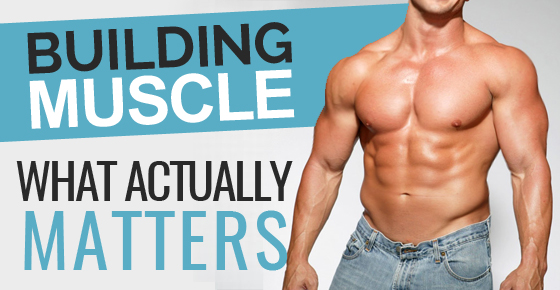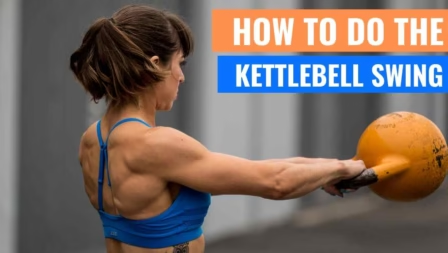One question I get a lot is whether or not you can build big muscle using only bodyweight training. Building muscle has a lot of appeal because it allows you to train literally from anywhere and using very little-to-no equipment. Bodyweight training of course incorporates press ups, sit ups, pull ups, chin ups, bodyweight squats and all manner of other exercises.
But is this enough? Can you create enough resistance with just your bodyweight in order to challenge your muscles to grow?
Fortunately, the answer is a resounding yes – as long as you know what you’re doing. And fortunately, you do know what you’re doing because you have this book to hand!
The Basics
The basic rule is just to make sure that you are creating that same damage and that same stress that we have been looking at so far in this article. It’s not enough to just go through the motions, you truly need to challenge yourself. In the case of building muscle with bodyweight alone, that is still going to mean using the mechanical drop set. You can’t increase the weight, so instead you need to increase the challenge by simply making the moves more difficult.
We’ve seen ways we can do this already: clapping press ups are harder than press ups for instance because they require more acceleration in order to get through the same movement. Then you have your one armed movements, which again create more challenge. You can also do something in-between a regular move and a one armed movement, by rocking from side to side.
For instance, you might perform a regular press up but while dipping down slightly more on one side than the other. This will then allow you to keep the other hand in order to stabilize yourself and prevent yourself from falling but it won’t be used to provide much of the actual strength and power needed to move through the repetitions. You can do the same thing with a pull up, chin up or tricep dip.
So now you have your obvious progressions for mechanical drop sets using only bodyweight: you can go from clapping press up, to rocking press up, to regular press ups. Or you can go from clapping chin ups, to rocking chin ups, to chin ups, to assisted chin ups.
Another option is to change the angle of your movement in order to alter the amount of pressure you’re fighting against. This is referred to technically as ‘extending the lever arm’. In other words, if you move the weight away from the point of contact with the ground, you’re now going to make the movement more difficult. Similarly, you can make the move more difficult by reducing the number of points of contact with the ground.
So a press up can become a handstand press up, or it can become a maltese press up with your hands down by your sides. Harder than either of these things is the planche where you’re going to be holding your body parallel with the floor by just your hands: like a press up without your feet touching the floor! Some of these movements are incredibly difficult.
Not only do they require a lot of power in the target muscles, they also require tons of functional strength: you need to be able to coordinate and control all the muscles in your body to work together. That means making your core tight enough to stabilize your body and it means making your forearms and hands strong enough to balance you in a handstand.
It means having enough control over your legs in order to keep them upright. These advanced moves then become entire full-body exercises each of them. These aren’t as useful for growing specific muscles because they don’t ‘isolate’ a target muscle. That means it’s harder to exhaust or tear muscle fibers in any particular muscle because there are too many points of failure.
But if performance is your interest, then this is an incredibly useful way to train. And if you use the moves as part of a mechanical drop set, then likewise they become powerful tools to help you exhaust the fast twitch muscle fibers first before moving onto easier moves to flood the muscles with blood and metabolites.



